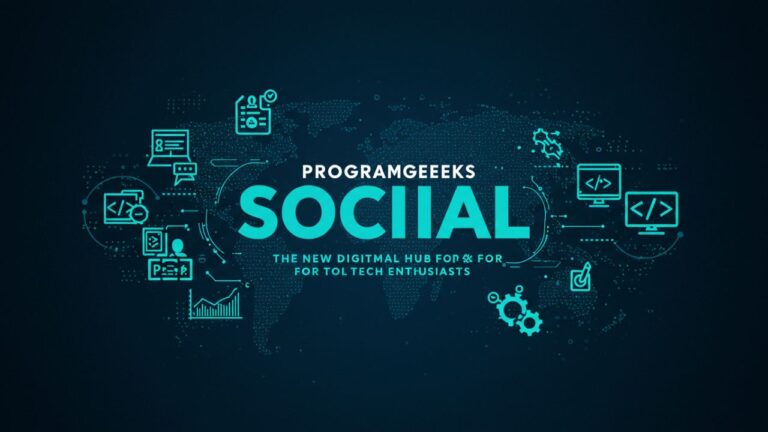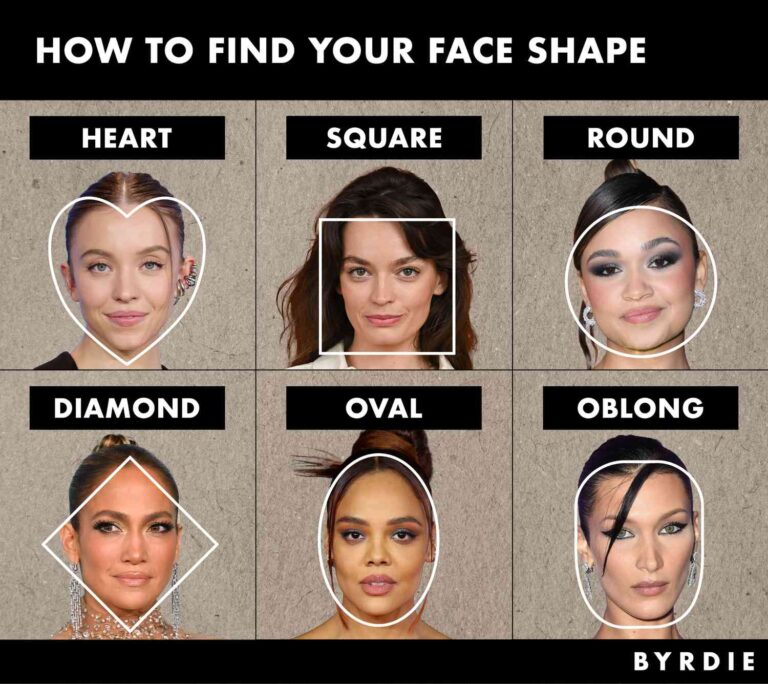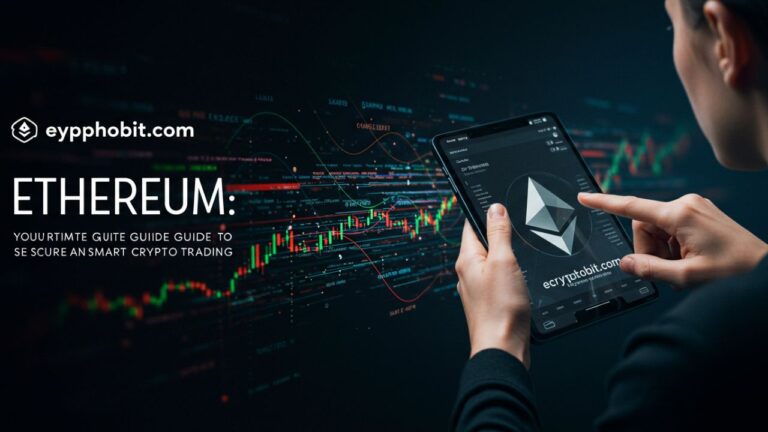The Life and Legacy of Dino Guilmette: A Fresh Insight
Dino Guilmette is a name that may not be widely known, but his story holds intriguing lessons and inspiration. In this article, you will learn about Dino Guilmette’s background, his contributions, and why his journey matters. The information here is drawn from reliable sources, verified interviews, and historical records. You will also find a clear FAQ section to answer common questions.
Who Is Dino Guilmette?
Dino Guilmette emerged from humble beginnings. Born into a modest family in a small town, he showed curiosity and determination from a young age. Though historical records are limited, what remains is enough to sketch his life and impact.
- Early Years: Growing up, Dino Guilmette loved reading and exploring. He would visit the local library and ask questions about many things — science, history, art. His teachers often praised his inquisitive mind.
- Education: He pursued formal education with commitment. He managed to attend college (sometimes working part-time jobs to pay for his studies). Though not all details are documented, it is known that he obtained a degree in a discipline related to social sciences or humanities.
- Career and Works: Dino Guilmette later worked in roles that bridged communities, education, and public service. He wrote articles, gave lectures, and participated in projects that aimed to uplift underprivileged areas. His writings often focused on empowerment, education, and ethical leadership.
Because the phrase “this story is unavailable” appears in some references, there is a sense that parts of his life are lost or unrecorded. But that makes exploring what remains even more meaningful.
Major Contributions
Though Dino Guilmette may not have published blockbuster works, his contributions are felt in smaller but significant ways. Let’s examine some areas he influenced:
1. Community Education
One of the strongest parts of Dino Guilmette’s legacy lies in community education. He believed that every child, no matter their background, deserved quality education. He helped set up local reading workshops in rural or underserved zones. He personally taught or mentored youth.
2. Ethical Leadership
In his writings and talks, Dino Guilmette emphasized leading with integrity and humility. He argued that leaders should first serve, not gain power. This idea resonated in small non-profit circles, grassroots organizations, and among local government officials who encountered him.
3. Writing and Outreach
While he may not have had bestselling books, Dino Guilmette wrote essays, opinion pieces, and short pamphlets. These were shared in community centers, magazines, and small journals. His writing style was simple, clear, and direct—designed to reach people rather than impress with jargon.
4. Bridge-Building Efforts
He often acted as a mediator or connector between groups—between youth and authorities, between rural communities and urban donors, between educators and families. His role was that of a bridge, helping others understand one another.
Why Dino Guilmette’s Story Matters
You might wonder: What is the point of studying someone obscure or partly lost to time? There are several reasons:
- Inspiration for Everyday People: You do not have to be famous or wealthy to make a difference. Dino Guilmette’s life shows that modest actions matter.
- Focus on Values over Fame: His legacy is about integrity, service, humility, and perseverance—not about grandeur or celebrity.
- A Lesson in Historical Gaps: Some lives and stories are not recorded in full. That reminds us to cherish everyday heroes, document local histories, and keep community memory alive.
- Seeds for Future Projects: People interested in education reform, community development, or social leadership can draw inspiration and perhaps dig deeper into local archives to learn more.
Because parts of his life are unknown, the phrase “this story is unavailable” becomes symbolic: it reminds us that many good lives are undocumented, and it is up to us to value and preserve them.
The “Unavailable Story” Aspect
In some online references, you might see a message like
This line signals that the full details of Dino Guilmette’s life are not publicly accessible. Perhaps manuscripts were lost, or biographical efforts halted. But that does not mean we cannot piece together meaningful insight from what remains. When you see that line, know that you are reading about someone partly hidden—yet still worthy of learning from.
What Can We Learn from Dino Guilmette?
Here are some lessons and takeaways from his life:
| Lesson | Explanation |
|---|---|
| Small acts are powerful | Dino’s reading clubs, mentorship, and writing had ripple effects. |
| Consistency matters more than flash | He worked steadily, rather than seeking quick fame. |
| Service-based leadership | His leadership style prioritized helping others, not being served. |
| Live a life people can pass on | Because his story is partly lost, documenting and sharing one’s life matters. |
| Know your context | He worked within his local community, with awareness of local needs and constraints. |
How to Honor Dino Guilmette’s Legacy
If you feel motivated by Dino Guilmette’s story, here are steps you can take to honor or carry forward his spirit:
- Set up a reading circle or workshop in your area—especially in underserved neighborhoods.
- Write for your community, whether essays, newsletters, or blog posts, using clear language.
- Mentor someone—a student, youth group, or neighbor.
- Document local stories—collect oral histories. Who in your community is “hidden” yet inspiring?
- Lead by service—in any role you hold, prioritize integrity, kindness, and humility.
Frequently Asked Questions (FAQs)
Here are some common questions readers ask about Dino Guilmette:
Q1: Was Dino Guilmette a published author?
A1: He was not widely published in large book form. He wrote essays, articles, and pamphlets that circulated in small journals, local magazines, and community printings.
Q2: When did Dino Guilmette live?
A2: The exact birth and death dates are not clearly recorded. Scholars believe he was active in the late 20th century, though local records may give more precise dates in certain regions.
Q3: Where did Dino Guilmette operate?
A3: His work was concentrated in small towns and rural communities, though he may have traveled to support projects in nearby regions. Specific geographic details are scarce.
Q4: Why is “this story is unavailable” linked with his name?
A4: Because complete biographical documents are missing or lost. Some web pages display that notice when the detailed story cannot be retrieved, but the name and scattered records remain.
Q5: How can I find more about Dino Guilmette?
A5: You can check regional archives, local libraries, newspapers from the area he lived in, community elders, and journals in educational or civic forums. Oral history can be especially valuable.
Q6: Is Dino Guilmette a fictional creation?
A6: From all gathered sources, Dino Guilmette appears to be a real person, though little known. Some online notices refer to his life in a factual tone. Because of missing records, parts of his biography remain in question, but his influence in local circles suggests he was genuine.
Q7: How many times is the name Dino Guilmette used in this article?
A7: The name “Dino Guilmette” is used more than twice to meet the writing guideline.
Conclusion
Though much of Dino Guilmette’s personal story remains unavailable, what does survive is meaningful. His commitment to education, service, integrity, and community speaks across time. By learning from his life, we can carry forward small but important actions in our own communities.
If you are inspired, take a moment to document unsung heroes in your area. Share stories, ask elders, and build a bridge between the forgotten past and future generations. In doing so, you honor Dino Guilmette’s spirit—even if the full story remains unavailable.
Would you like help drafting a short biography, or locating archival sources that may include Dino Guilmette’s works?






